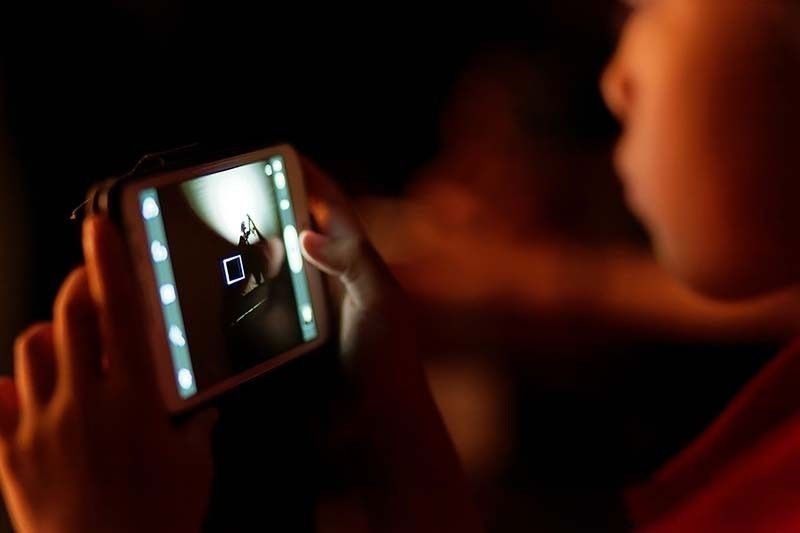COVID-19 crisis forcing students to online sex to continue schooling — senator

MANILA, Philippines — The coronavirus pandemic is pushing students to sell sensual photos and videos to continue in their distance learning classes, a senator warned on Sunday as he urged government to investigate the incidents.
Senate Education Committee Chairman Sherwin Gatchalian cited a report where learners are engaging in online sex for buying gadgets and continue paying internet bills with the second quarter of the school year resuming this January.
The education department had pushed through with distance learning despite calls from groups to postpone, citing difficulties in gadget availability and internet access which they said could leave many students behind.
"Nakababahalang dahil sa mga suliraning dinudulot ng pandemya, ang ating mga kabataan ay nahaharap sa matinding panganib na maging biktima ng pang-aabuso at karahasan," he said in a statement.
(It is bothering how our students are facing great danger to become victims of abuse and violence as a result of problems due to the pandemic.)
Gatchalian said students are putting out "Christmas bundles" which has their photos and videos to sell for as low as P150 or $3.
From March to May in 2020 alone, a spike in cases of online sexual exploitation among children at nearly 280,000 had been reported in Metro Manila, the senator said, up significantly from 76,561 in 2019.
He has since called on the justice department's cybercrime office and the anti-cybercrime group of the Philippine National Police to crack down on the said activities.
DepEd has yet to comment on the incident, as well as on Gatchalian's call as of writing.
But the senator told the agency to ramp up its child protection program in schools, where officials tasked to check on students who may be experiencing abuse or being exploited.
Challenges continue to hound DepEd's distance learning months since it began such as errors in printed materials, apart from access to gadgets and internet connection.
In the previous months, the agency along with the Commission on Higher Education thumbed down calls for an academic freeze, following the string of typhoons to hit Luzon that left it under state of calamity.
The United Nations Children's Fund in September also reported that the COVID-19 has exacerbated the incidence of online sexual abuse and exploitation in the country.
Those who witness online sexual abuse of children must report immediately to child support organizations such as Action Against Human Trafficking (1343 for Metro Manila; 021343 outside Metro Manila), Bantay Bata (163), and Philippine Red Cross (143).
“The fight against online sexual abuse and exploitation is everybody’s fight," said UNICEF's representative to the Philippines Oyunsaikhan Dendevnorov. "Every child has the right to survive and thrive in a safe and secure environment, whether online or offline."
Another organization, the Child Rights Network, has said too that the country's laws to address online sexual exploitation of children have failed to address the growing problem.
CRN said there is no "all-encompassing" legislation that states the scope of OSEC activities, from recruitment, participation in the crime as well as in setting penalties.
“These laws do not clearly define OSEC, punish the livestreaming of child sexual abuse and impose obligations on private sector to prevent OSEC,” CRN convenor Romero Dongeto said in a forum.
Before 2020 ended, the Duterte administration had also approved a pilot run for holding in-person classes in areas with low coronavirus transmission, as government conceded that the distance learning setup is far from ideal.
It was, however, recently junked by President Rodrigo Duterte as the country braces for possible cases of the new coronavirus variant which was first detected in the United Kingdom and has since reached several countries. — with reports from Neil Jayson Servallos/The STAR
- Latest
- Trending
































